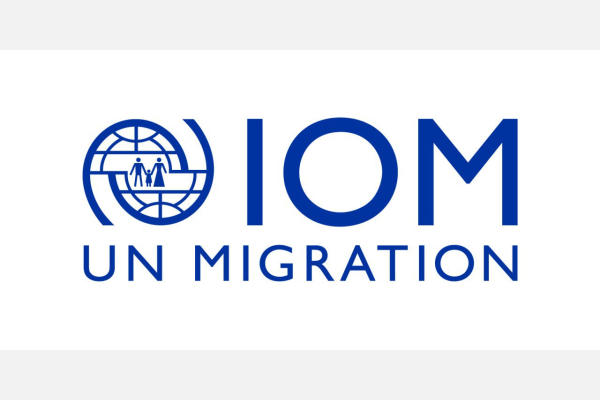Repository of Practices

IOM Kazakstan Talks – Migration, Environment and Climate Change Nexus in Kazakhstan
Dates
Type of practice
Summary
IOM’s priorities on migration, environment and climate change nexus in Central Asia are deeply rooted in the IOM Strategic Vision and the IOM Regional Strategy 2020-2024 for South-Eastern Europe, Eastern Europe and Central Asia. Further, in its Central Asia Regional Strategy for 2021-2025, IOM commits itself in the region to “advocate for strong efforts to address migration in the context of climate change and environmental degradation”. As part of this approach, IOM seeks to raise awareness of relevant stakeholders.
The December 2, 2021 event aimed to offer a platform for discussion, where stakeholders can share their insights, experiences and approaches on migration, environment and climate change nexus in Central Asia. This platform is intended to enhance engagement among governments, civil society, academia and international organizations and lay the foundation for further programmatic interventions on this topic in the region.
Organizations
Main Implementing Organization(s)
Detailed Information
Partner/Donor Organizations
Benefit and Impact
Key Lessons
Recommendations(if the practice is to be replicated)
Innovation
Additional Resources
Date submitted:
Disclaimer: The content of this practice reflects the views of the implementers and does not necessarily reflect the views of the United Nations, the United Nations Network on Migration, and its members.
More Related Practices:
- Strengthening the capacities and frameworks to collect data and evidence on migration, the environment and climate change (MECC) in Mexico
- IOM Engages Youth on Benefits of Migration at the 13th African Games in Accra, Ghana
- CLIMB Database
- Seguro Integral de Salud (SIS) – Protección financiera en Salud para peruanos y extranjeros residentes en el Perú
- Instituto Nacional Penitenciario | “Interno Universitario y Estudiando sin Fronteras”
Peer Reviewer Feedback:
*References to Kosovo shall be understood to be in the context of United Nations Security Council resolution 1244 (1999).
Newsletter
Subscribe to our newsletter.